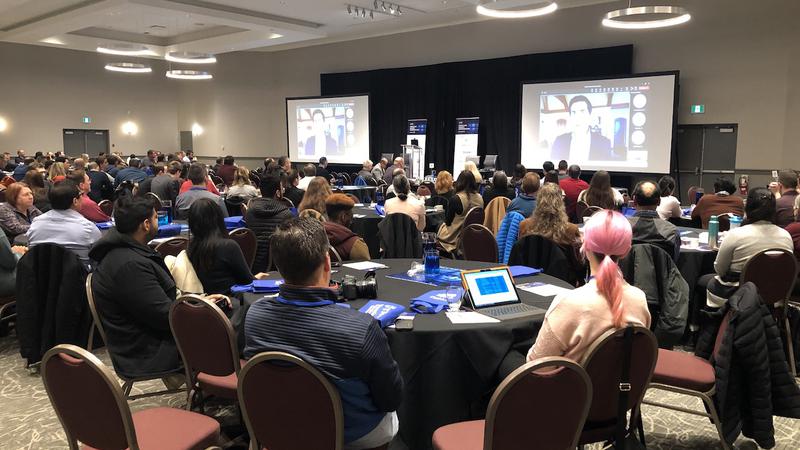
ROTHENBURGER: Artificial intelligence is with us, and we aren’t ready for it
ON A MID-DECEMBER DAY in 1903, a flying machine built by Orville and Wilbur Wright lifted into the air and stayed there for just under a minute. It took more than 20 years before aircraft safety regulations were put in place.
In 2004, Mark Zuckerberg sat in his Harvard dorm room inventing Facebook. Almost 20 years later, legislators are trying to figure out how to regulate it.
Those two examples were provided Thursday by B.C. Information and Privacy Commissioner Michael McEvoy as he described the challenges ahead of us with artificial intelligence, or AI.
“It does sometimes take a while for us to catch up,” he told a packed Grand Hall at the 7th annual Privacy and Security Conference at TRU.


